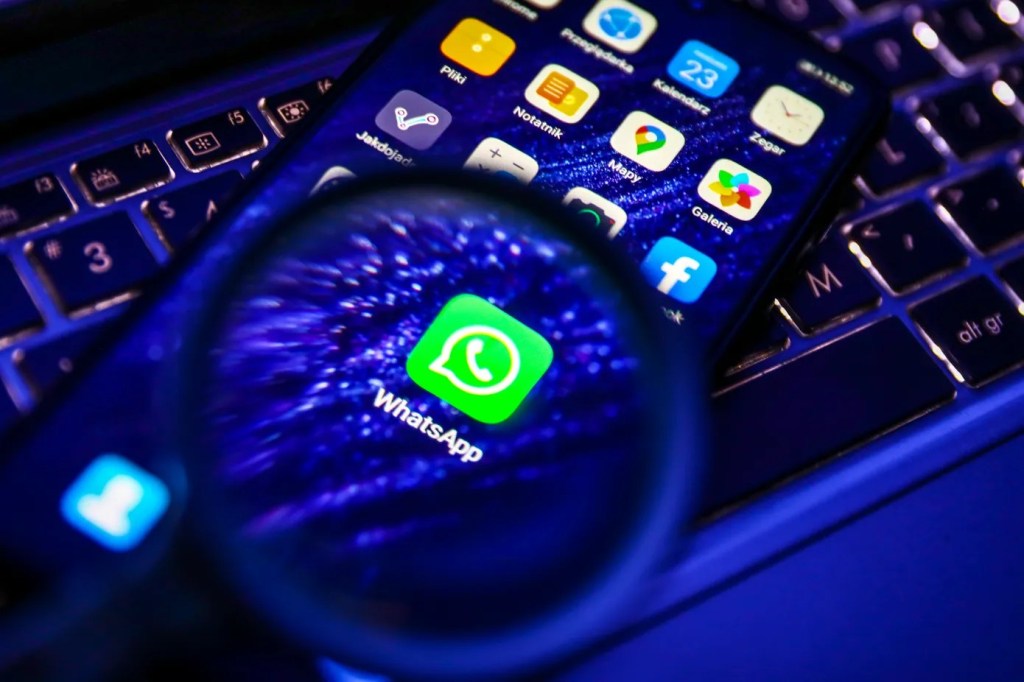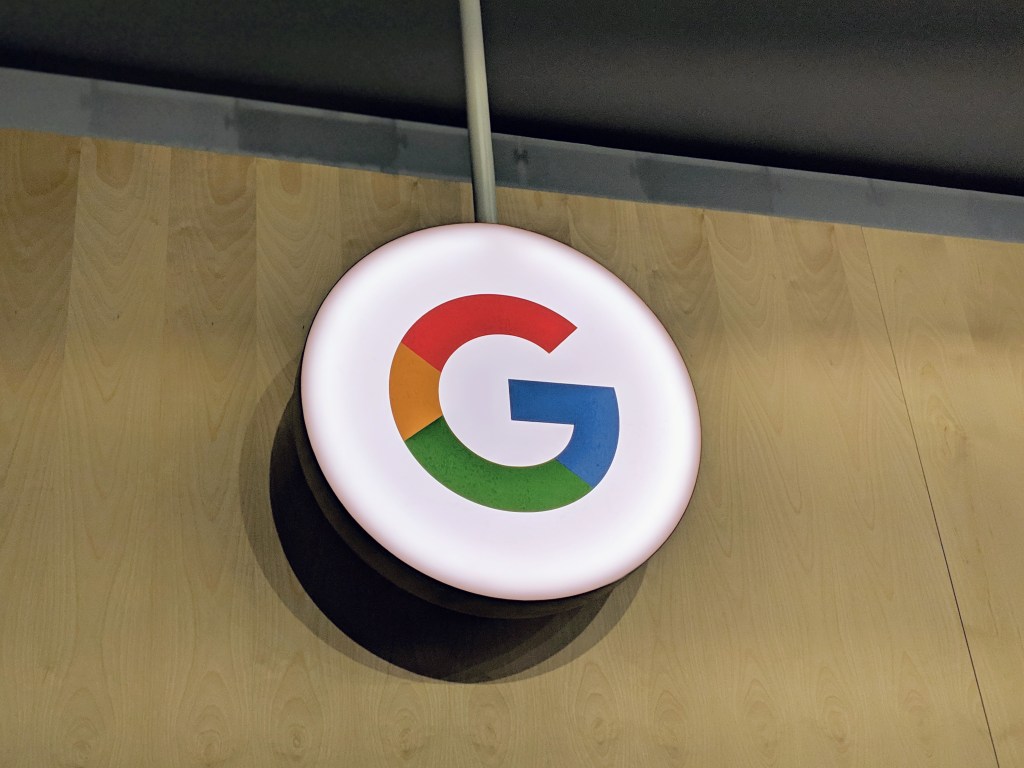In a landmark decision, a federal judge has issued a permanent injunction against Israeli cyberintelligence firm NSO Group, prohibiting it from targeting users of WhatsApp, the messaging platform owned by Meta. This ruling marks a significant victory for WhatsApp in its prolonged legal battle against NSO Group, which has been accused of deploying spyware against the app’s users.
Background of the Legal Battle
The conflict between WhatsApp and NSO Group dates back to 2019 when WhatsApp filed a lawsuit alleging that NSO exploited a vulnerability in its platform to install Pegasus spyware on the devices of over 1,400 users. These users included human rights activists, journalists, and other members of civil society. The spyware allowed unauthorized access to personal data, messages, and location information, raising serious privacy and security concerns.
Initial Jury Verdict and Subsequent Developments
Earlier this year, a jury awarded WhatsApp over $167 million in damages, holding NSO Group accountable for the 2019 hacking campaign. However, U.S. District Judge Phyllis Hamilton later reviewed the punitive damages and found insufficient evidence to classify NSO’s actions as particularly egregious. Consequently, she reduced the punitive damages to approximately $4 million, applying a 9-to-1 ratio to the compensatory damages.
Permanent Injunction Against NSO Group
Despite the reduction in financial penalties, Judge Hamilton granted WhatsApp’s request for a permanent injunction. This legal order bars NSO Group from ever targeting WhatsApp and its global user base again. Will Cathcart, Head of WhatsApp, expressed satisfaction with the ruling, stating, We applaud this decision that comes after six years of litigation to hold NSO accountable for targeting members of civil society.
NSO Group’s Response and Future Implications
NSO Group has faced mounting legal challenges and international scrutiny over its spyware activities. The company recently confirmed its acquisition by U.S. investors, a move that may signal a shift in its operational strategies. However, the permanent injunction and the substantial legal precedents set by this case underscore the growing intolerance for cyberespionage activities targeting civilians and the platforms they use.
Broader Context and Industry Reactions
The case against NSO Group has drawn attention to the broader issue of spyware misuse by governments and private entities. In 2021, the U.S. Commerce Department added NSO Group to its Entity List, effectively banning trade with the firm due to its involvement in activities contrary to U.S. national security or foreign policy interests. This action reflects a concerted effort to curb the proliferation of surveillance technologies that can be used to violate human rights.
Conclusion
The federal court’s decision to permanently enjoin NSO Group from targeting WhatsApp users represents a significant milestone in the fight against unauthorized surveillance and the protection of digital privacy. It sends a clear message to entities engaged in cyberespionage that such activities will not be tolerated and will be met with decisive legal action.



